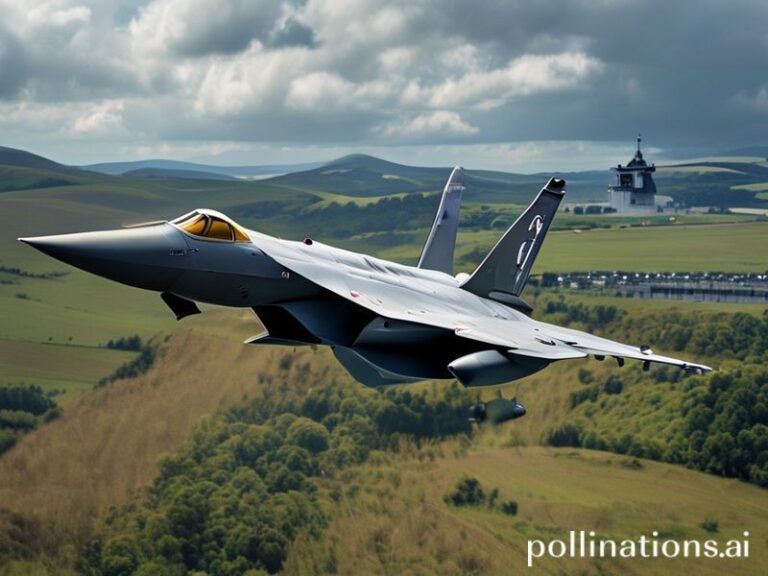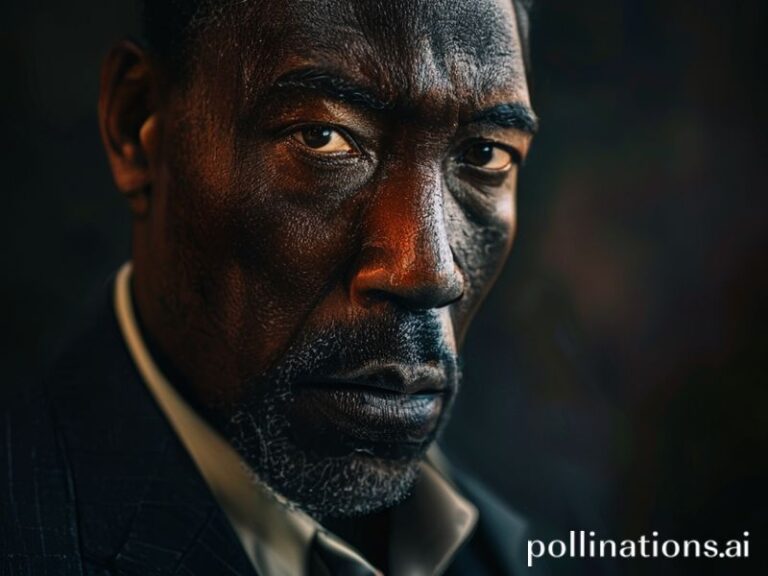John Cena: The Invisible Diplomat Selling Soft Power One Apology at a Time
The Invisible Man Goes Global: John Cena, Soft Power, and the Art of Never Being There
By Dave’s Locker Global Bureau
Somewhere between a détente summit and a TikTok dance tutorial, John Cena has become the United States’ most improbable export since the McRib. To the uninitiated, he’s the 250-pound slab of muscle who once body-slammed reality TV into submission. To Beijing bureaucrats, he’s the Mandarin-speaking apology machine who accidentally triggered a nine-dash-line social-media meltdown. To the rest of the planet, he’s a walking Rorschach test: half propaganda pin-up, half self-aware meme, all biceps.
Let’s begin where every modern geopolitical crisis seems to start: a promotional clip. In May 2021, while shilling for the ninth installment of “Fast & Furious”—a franchise now less about street racing and more about multilateral sanctions on physics—Cena referred to Taiwan as a “country.” Chinese netizens, who can spot sovereignty violations the way hawks spot wedding parties on satellite feeds, declared digital war. Within 48 hours, Cena uncorked a hostage-video apology in textbook Mandarin, bowing so low he practically offered his vertebral column as reparations.
The West clutched its pearls; China shrugged and kept the box-office yuan rolling in. Everyone learned the same lesson: soft power now wears jorts.
Cena’s fluency in Mandarin isn’t a party trick; it’s a strategic asset in the same way carrier groups used to be. He studied the language to expand WWE’s footprint, back when the company still pretended its storylines weren’t scripted by an intern huffing energy drinks. Today, that vocabulary buys him access to 1.4 billion potential streaming customers—and, more importantly, keeps him from disappearing from their screens at the whim of an algorithmic censor. If that sounds dystopian, remember: Orwell never predicted we’d beg Big Brother for retweets.
Meanwhile, in the West, Cena has perfected the vanishing act. The “You Can’t See Me” meme—originally a taunt to wrestling opponents—has metastasized into a global punchline about absence. UN peacekeepers in Mali wear the slogan on T-shirts while failing to see incoming militias; European finance ministers quote it while pretending not to notice inflation. Irony, like debt, compounds.
This duality—omnipresent in China, invisible everywhere else—makes Cena a perfect ambassador for the current world order: loud where profit demands, silent where ethics might cost receipts. He’s the living embodiment of Schrödinger’s Superpower: simultaneously there and not there, depending on who’s opening the box office.
The numbers do the talking he’s careful not to do. “F9” earned $216 million in China versus a paltry $173 million domestically, proving that American brawn sells better abroad when it speaks the local dialect of compliance. Hollywood has taken notes. Next up: a cinematic universe where every Avenger apologizes in Uyghur for existing.
Yet Cena’s brand of diplomacy-by-absence isn’t limited to the Pacific Rim. In Latin America, his likeness adorns bootleg cologne called “Invisible Force,” a scent reportedly favored by cartel accountants who’d rather not be noticed. In India, political cartoonists draw him as a ghost haunting the halls of the Reserve Bank whenever the rupee tumbles. Even in the Middle East, IDF psy-ops units blast his entrance music at checkpoints—because nothing humiliates like being detained to a trombone riff.
So what does it mean when a man famous for never backing down becomes famous for always backing off? Simply this: the 21st century rewards elasticity over integrity. Cena bends farther than a Cirque du Soleil contortionist, but unlike the acrobat, he never lands—he just hovers, holographic, in every market that still permits American pixels.
In a world where borders shift with the refresh rate, perhaps the ultimate superpower isn’t strength or speed, but plausible deniability. You can’t sanction vapor. You can’t cancel a ghost. And you certainly can’t see the strings when the puppet refuses to appear on stage.
John Cena has transcended mere celebrity. He is the void where politics meets profit, the smiling absence at the heart of globalized culture. He doesn’t need to be seen; he just needs to be monetized. And if that sounds bleak, remember: invisibility is only terrifying when you realize everyone else can still see you.







